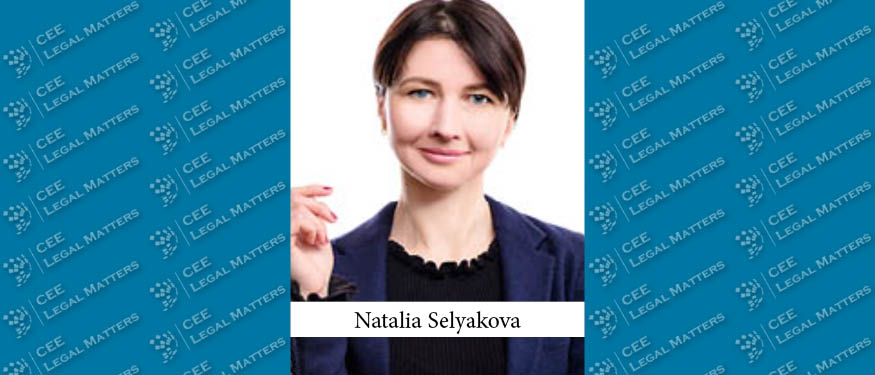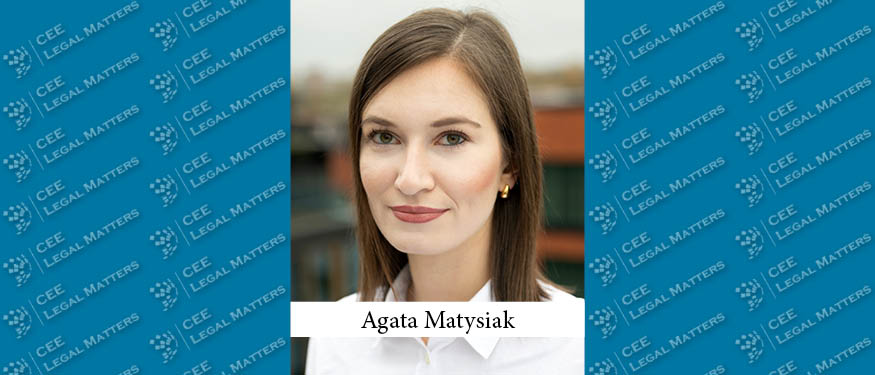As part of the broader effort to harmonise national legislation with the EU General Data Protection Regulation, the Albanian Data Protection Commissioner issued Instruction No. 2, dated 30 April 2025 (Instruction No. 2), on the protection of personal data in the health sector. This Instruction repeals the previous 2020 framework and establishes a comprehensive set of rules governing the collection, use, and disclosure of health and genetic data.
Companies May Have Six More Months to Comply with the NIS2 Directive
“To comply with the cybersecurity requirements of the NIS2 directive, affected businesses may get an additional six months to prepare,” announced the Supervisory Authority for Regulatory Affairs of Hungary (SZTFH) in a statement on 5 May 2025.
The Extraterritorial Effect of Ukrainian Sanctions
The recently issued decision of the Ukrainian Supreme Court addresses the enforcement of Ukrainian sanctions in relation to foreign corporate structures and ownership chains involving a sanctioned person.
The Omnibus Package
Following the criticism of the current state of regulatory burden in The Future of European Competitiveness report by Mario Draghi (issued in September 2024) and in the Budapest Declaration by the European Council which called upon European Commission to reduce reporting requirements by at least 25 % in the first half of 2025 (issued in November 2024) the European Commission announced a series of so-called “Omnibus” simplification packages.
Coup de Théâtre - the Austrian Supreme Court’s 180-Degree Shift on Loan Processing Fees
In a significant turn in Austrian jurisprudence, the Austrian Supreme Court handed down a landmark decision on February 19, 2025 (file number 7 Ob 169/24i) (2024 Ruling), revising its long-standing position on loan processing fees previously upheld since its judgement in 2016 (Austrian Supreme Court 30.03.2016, 6 Ob 13/16d).
Schoenherr Advises Stadtwerke Klagenfurt on Alpen-Adria Swimming Complex EIA Proceedings
Schoenherr has successfully advised Stadtwerke Klagenfurt on the environmental impact assessment declaration proceedings for the Alpen-Adria-Sportbad.
EU Decarbonization Policy at a Crossroads – What Regulations Industry Can Expect
For years, the European Union has been taking measures related to the decarbonization of industry, i.e. the reduction and, in the long term, elimination of CO2 emissions. Examples include the EU Emissions Trading System, which has been in place since 2005, or the regulations on industrial emissions of 2010.




















